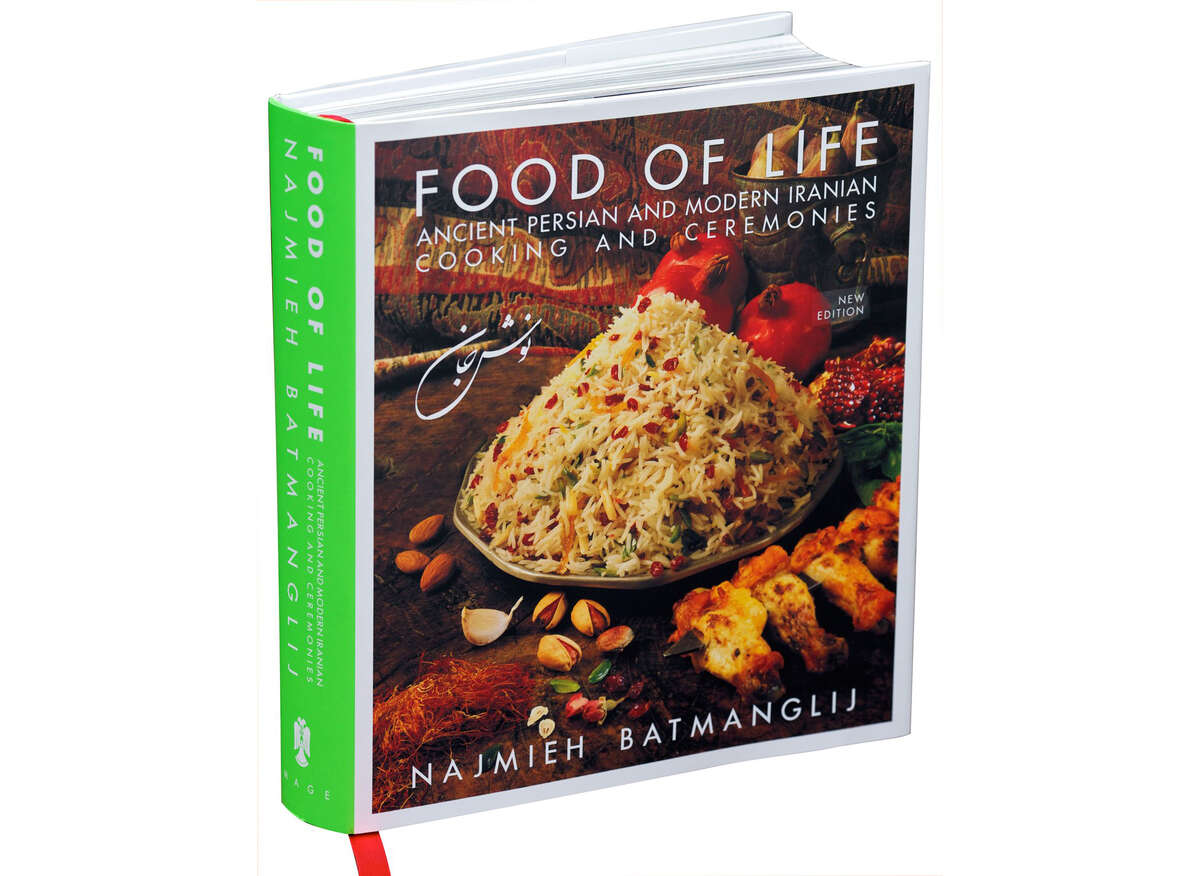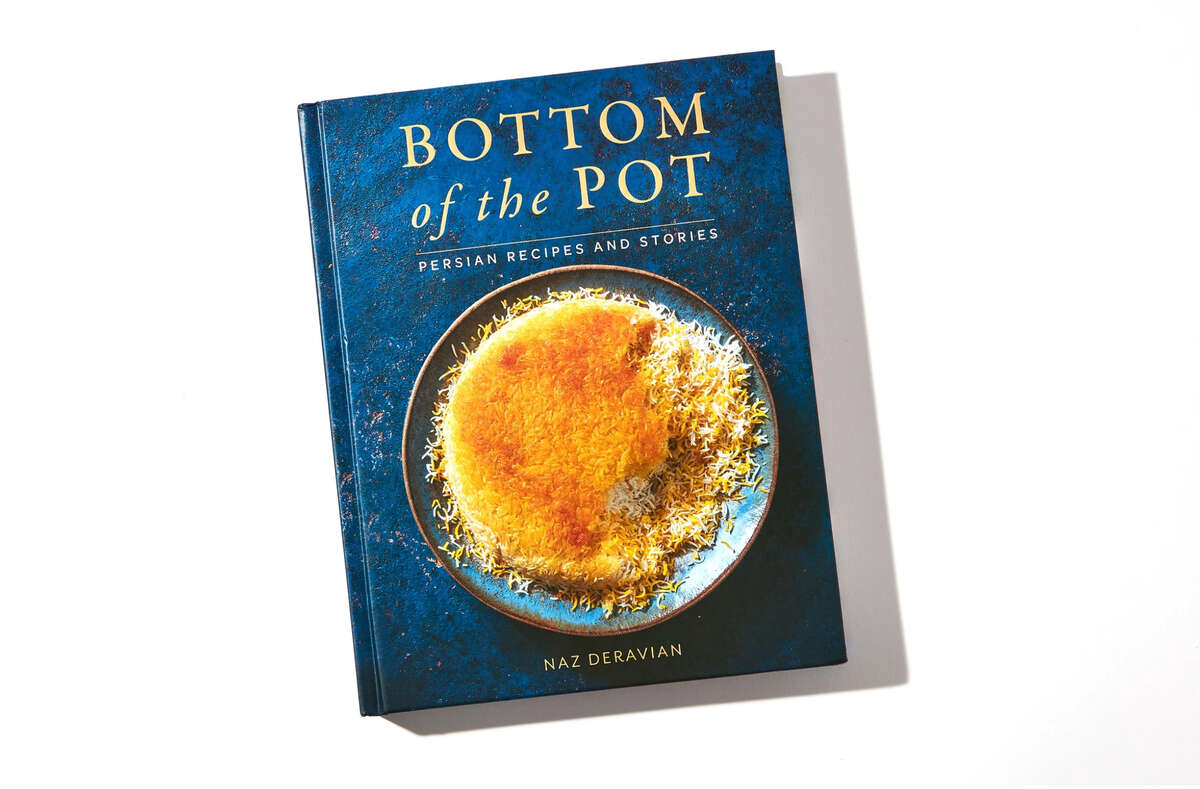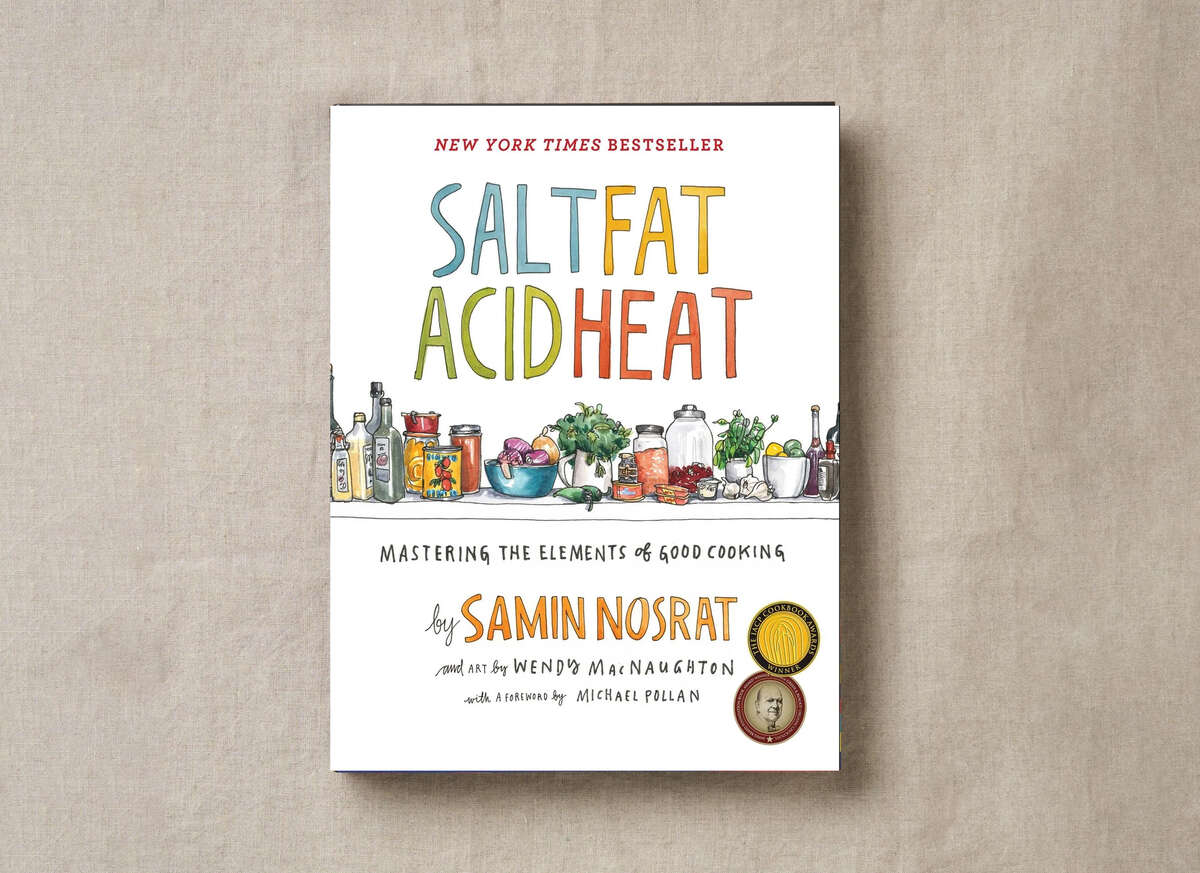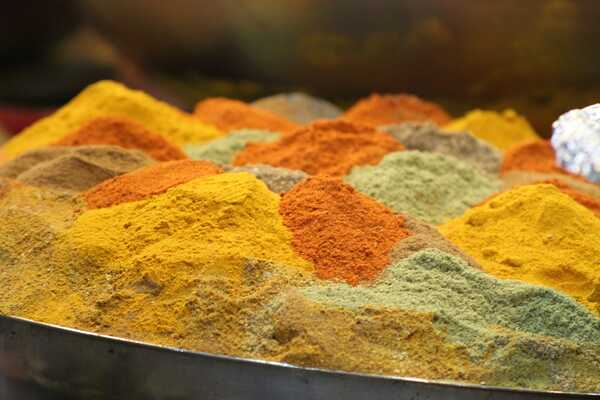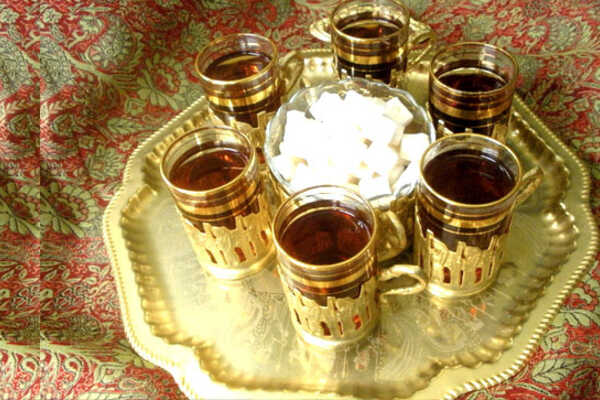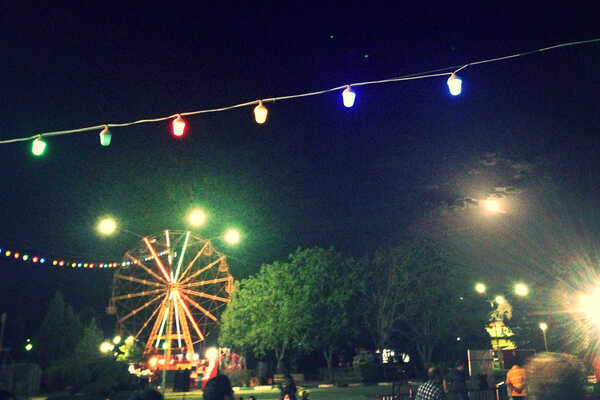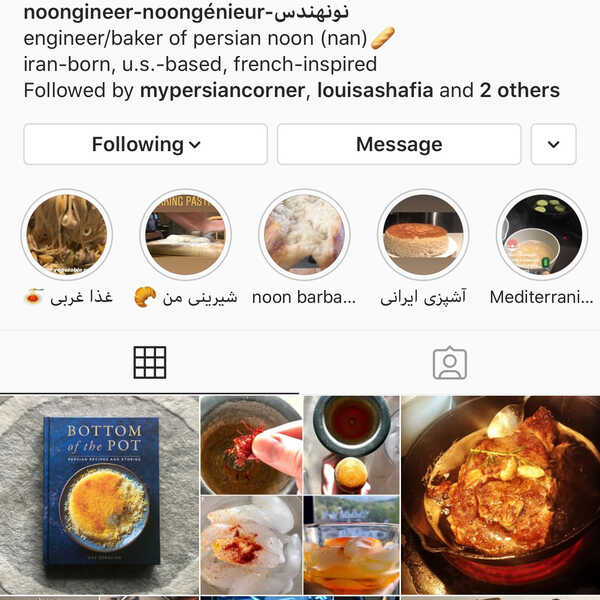
Complete Guide to Persian Cooking Resources
While learning a language is an important way of understanding culture, food is an equally important universal language. Iranians in particular are very passionate about cooking and eating, and in particular, cooking and eating together. We're raised knowing that there is always a seat at the table for guests, and that food is a pleasure best when shared.
However, I myself did not grow up in a household that valued the process of making food. Although my mother and grandmother (with whom I lived) both made wonderful Persian food, emphasis was on quickly getting through the process of cooking and getting to the outcome of eating. Now that I'm an adult, I've gained an appreciate for the process and really value the time and care it takes to put together a meal. Because I didn't learn in my own family's kitchen growing up, I've had to pull together my own culinary education, piecing together resources for Persian cooking.
At this point, I can say that I'm a pretty good Persian cook, and I would love to share the resources that got me where I am so that you can beneft from them as well.
1. Food of Life, by Najmieh Batmanglij
Food of Life was the first Persian cookbook I ever purchased, procuring a copy right after I'd graduated from university in 2006 and began learning in earnest how to cook Persian food. It completely opened up my eyes to the joy of cooking- the process, the colors, the smells, the tastes. Najmieh infuses the book with stories from her experiences of cooking in Iran and from Persian folklore and mythology. There are tales of food and Persian poems sprinkled in the book as well. Rooting the recipes in a sense of history is definitely one of the strengths of this book- the stories we tell about food can tell us a lot about who we are as a people. She does such a wonderful job going through all the classic recipes, from appetizers and soups to main courses to delicious desserts. In addition, she talks about Iranian traditions and holidays, and foods associated with them. It's all written in easy to understand English language, so anyone can enjoy it! I highly recommend for everyone to have a copy of this book, and to read it from cover to cover to get a good basis for Persian cooking.
Although I've (unfortunately) never met Najmieh herself, I have met both of her sons (both have come to Austin in different years for the South by Southwest festival), each accomplished artists in their own right. Her younger son Rostam Batmanglij was one of the founding members of the band Vampire Weekend, and now performs music as a solo artist. Her older son Zal Batmanglij is a director, often collaborating with Brit Marling as seen on their recent project the OA. Najmieh and her husband are incredibly invested in Persian culture and heritage, and it's been so nice to follow the trajectory of their sons as they continue to thrive in the American cultural landscape.
2. Bottom of the Pot, by Naz Deravian
I received Bottom of the Pot as a Christmas present from my mother in law in December 2018, and it has since become my absolute go to for Persian cooking. Naz grew up in Italy, Canada and the United States, is married to an American husband, and has two half Iranian children. All this to say- I feel like she really speaks my (international) kind of language. She has such a nice way of narrating the cooking process- instead of just simple instructions, she also instructs on when to pause, when to take a taste of the food, and how to enjoy the food in the end. For someone who didin't grow up learning this, I felt like these were exactly the types of instructions I needed. She keeps stressing the importance of tasting the food, and adding more salt or more lemon as needed. Again, this may come intuitively to some people, but for me, I need these gentle reminders in the cooking process.
I had the pleasure of interviewing Naz for our Raising Neem-Roonis interview series. We talked about how to pass the Persian language and Iranian culture to the next generation, and whether or not it's even important to do so. She talked a lot about the culture of food in her family, and how culture is passed on through food.
3. Salt Fat Acid Heat, by Samin Nosrat
Though Salt Fat Acid Heat isn't technically a Persian cookbook, it is written by an Iranian-American author, and it absolutely changed my Persian cooking habits for the better. Samin goes through the process of cooking, and the four considerations to take with each cooked meal- considerations of the type of salt, fat, acid and heat, as the title suggests. Reading this book cover to cover was quite an education on how to become an 'intuitive' cook, which I believe is absolutely essential for Persian cooking. Before, I used to follow the instructions in cookbooks to a T, but it was often luck that determined whether the food tasted good or not in the end. After reading this book, I can taste the dishes I'm cooking and determine what they need in order to make them outstanding. I think that Salt Fat Acid Heat in combination with Bottom of the Pot do a wonderful job of teaching the Persian cooking process.
4. Turmeric and Saffron, by Azita Mehran

Turmeric and Saffron was the first English language blog I found with Persian cooking back in 2008, and to this day, it is online resource I turn to most for recipes. In addition to simple to understand recipe instructions, she often has great process photos as well. The breadth of work that she has on her website is also quite impressive. There is a simplicity to her recipes that is refreshing- often times when I'm in a bit of a hurry, I check her recipes for shortcuts I could take to cut the time of the cooking. She also has some really wonderful recipes that you won't find in traditional Persian cooking books, such as Persian Macaroni, one of my favorites!
5. Noongineer, by Teal Mingledorff and Mahdi Mohajeri

This isn't technically a cookbook or a blog, but in recent months, the instagram account Noongineer (a combination of noon (bread) and engineer) has really captured my imagination. I love perusing their posts for ideas and inspiration. Originally from Iran, but based in Texas until recently (we lost them to New York- why?!), it's so fun to watch what this couple whips up on a daily basis.
So that's it for my five sources of education and inspiration for Persian cooking- I'm sure there are many others that aren't on my radar but should be- so who have I missed and should get to know? Please let me know in the comments below. I'd love to expand my list in the coming months and become an even better Persian cook.
Also, a note, I often publish 'stories' of cooking food on the Chai and Conversation instagram account, complete with instructions on how to say ingredients in the Persian language. So follow me there if you'd like updates on what I'm cooking!
